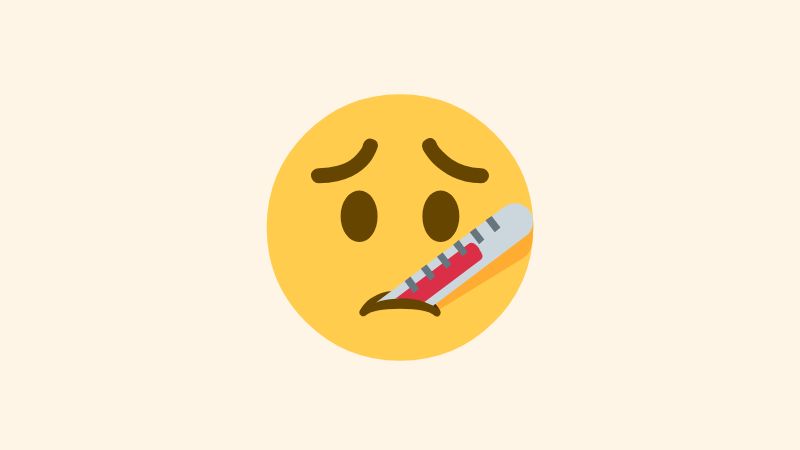Symptoms
Recognising the symptoms of coeliac disease



Fast Facts:
⚡ Coeliac disease can cause a wide range of symptoms and varies from person to person
⚡ Because symptoms are so varied, coeliac disease is often overlooked and mistaken for other illnesses
⚡ Symptoms may include gut issues, general symptoms, neurological effects and even skin conditions such as dermatitis
❓ What Are the Symptoms of Coeliac Disease?
Coeliac disease can cause a wide range of symptoms, from mild to severe, and they can present differently in each person. In some cases, people experience ‘silent coeliac disease’, where they display no obvious symptoms despite ongoing gut damage. Even if you feel ‘well’, untreated coeliac disease can still lead to long-term complications, so it’s essential to get tested if you're at risk.
Because coeliac disease has such a variety of symptoms - many of which are common in other conditions - it is often only discovered during tests for unrelated health issues.
If you experience any of the symptoms below, speak to your GP about testing and 👉🏽 read here about the diagnosis process.
💩 Gut Symptoms
Eating foods that contain gluten can trigger a range of digestive symptoms. Diarrhoea is one of the most common, caused by the small bowel's reduced ability to absorb nutrients (malabsorption). Other common gut symptoms include:
- Bloating & flatulence
- Abdominal pain
- Indigestion
- Nausea
- Constipation
💤 General Symptoms
Beyond gut-related issues, coeliac disease can also cause a number of general symptoms, including:
- Fatigue (often due to nutrient deficiencies)
- Iron-deficiency anaemia
- Low levels of B12, folate, vitamin D, and calcium
- Severe or persistent mouth ulcers
- Tooth enamel defects
- Unintentional weight loss
- An itchy rash (dermatitis herpetiformis)
- Difficulty getting pregnant (infertility)
🧠 Neurological Symptoms
Neurological symptoms of coeliac disease are often overlooked, which can lead to a delayed diagnosis - on average, almost 10 years later than those with gut symptoms. Studies suggest that up to 60% of people with coeliac disease experience some form of neurological symptoms at the time of diagnosis.
- Neuropathy - Tingling or numbness in hands and feet, burning sensations, pain, and difficulty using arms, legs, and feet
- Ataxia - Loss of balance, clumsiness, slurred speech, and uncoordinated movements
- Cognitive issues - Brain fog, poor concentration, memory loss, and headaches
- Mental health symptoms - Anxiety, depression, and mood swings
It's important to highlight the potential mental health impacts of coeliac disease. These can arise from both the condition itself and the emotional stress of maintaining a strict gluten free diet.
🪫 Malnutrition
If left untreated, coeliac disease can cause malnutrition, leading to fatigue, weakness, and low energy. In children, it can result in:
- Failure to thrive - Slow growth in height and weight
- Delayed puberty - Due to nutrient deficiencies
🩹 Dermatitis Herpetiformis
A small number of people with coeliac disease develop dermatitis herpetiformis - an intensely itchy, blistering rash that usually appears on the elbows, knees, and buttocks, though it can occur anywhere on the body. Like coeliac disease, the rash is caused by an autoimmune reaction to gluten. It typically resolves on a gluten free diet, though some people may also require additional treatment such as Dapsone.
🚑 Other Long Term Symptoms
Long term complications of coeliac disease usually only affect people who continue to eat gluten or those who remain undiagnosed - which can be a common problem in milder cases.
👉🏽 Click here to read more about potential long-term symptoms in undiagnosed/untreated coeliac disease.
🎯 Quick Recap
Coeliac disease can show up in many different ways - from digestive discomfort to fatigue, skin rashes, and even neurological symptoms. Because it can mimic other conditions or sometimes have no symptoms at all, it’s often missed or misdiagnosed. If you have any symptoms listed above or are at higher risk, speak to your GP about getting tested. Early diagnosis and sticking to a gluten free diet can make a huge difference to your health and wellbeing. 💗